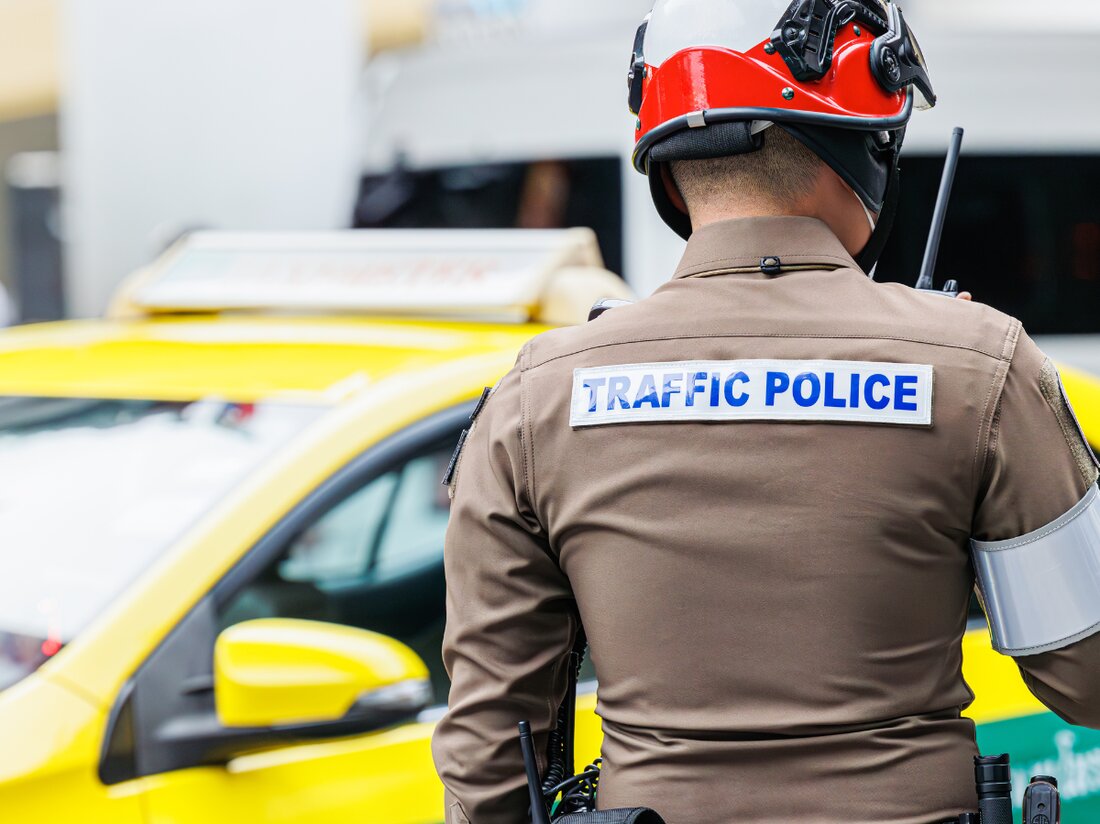UN treaty against cybercrime: hopes and concerns in Hanoi!
A UN treaty against cybercrime will be signed in Hanoi on October 25, 2025 to strengthen international cooperation.

UN treaty against cybercrime: hopes and concerns in Hanoi!
A major UN agreement to combat cybercrime will be signed in Hanoi this weekend. This will take place during a ceremony in which representatives of numerous countries will take part. The agreement aims to make responses to digital crimes faster and more effective. To be valid, the agreement must be ratified by at least 40 states, which will come into force 90 days after the deposit of the 40th ratification instrument, as unodc.org explains.
Despite the positive approaches, there are plenty of concerns. Critics, including activists and technology companies, have raised warnings about possible human rights abuses. The reason for this is the vague wording in the agreement, which leaves room for interpretation. The Cybersecurity Tech Accord, which also includes companies like Meta and Microsoft, even calls the agreement a “surveillance treaty” that could make it easier to share personal data between governments. Sharp criticism also comes from the UN human rights officials, who note that broad definitions of cybercrime can often lead to restrictions on freedom of expression.
Vietnam's role and human rights concerns
The host nation of Vietnam is not exactly celebrated due to its human rights record. A US State Department report describes “significant human rights problems” in the country. Things get uncomfortable when you consider that at least 40 people will be arrested in 2025 for alleged offenses, including online statements against the state. In this light, many have doubts as to whether Vietnam can act as a pioneer in the fight against cybercrime. But Vietnamese officials see the agreement as an opportunity to raise their international profile and strengthen their cyber defenses.
Of course, the internationally produced print is particularly attractive. UN Secretary-General António Guterres will be personally present at the signing ceremony and will emphasize the importance of multilateral cooperation to make the digital world safer. The agreement aims to combat not only cyberattacks, but also phishing, ransomware and hate speech.
A step into the future?
With the agreement, the UN General Assembly concluded a five-year negotiation process that brought together representatives from various countries as well as civil society, science and the private sector. A platform will be created to share evidence and better protect victims of cybercrime, without neglecting human rights. UNODC Executive Director Ghada Waly has described the agreement as a crucial step in the fight against digital crimes such as child sexual abuse and online scams.
The public debate about the legal and ethical implications of the agreement has already broken out. How the reality will develop after the signing remains exciting. Activists fear the agreement could make it easier to extradite suspected criminals, while the UNODC stresses that the agreement supports legitimate research activities and is not intended to criminalize the work of ethical hackers.
The Convention will open for signature on October 25, 2025, both in Hanoi and at the United Nations Headquarters in New York until December 31, 2026. The start of a new era in the fight against cybercrime is about to begin, and it remains to be seen whether hopes will outweigh legitimate fears.

 Suche
Suche
 Mein Konto
Mein Konto
